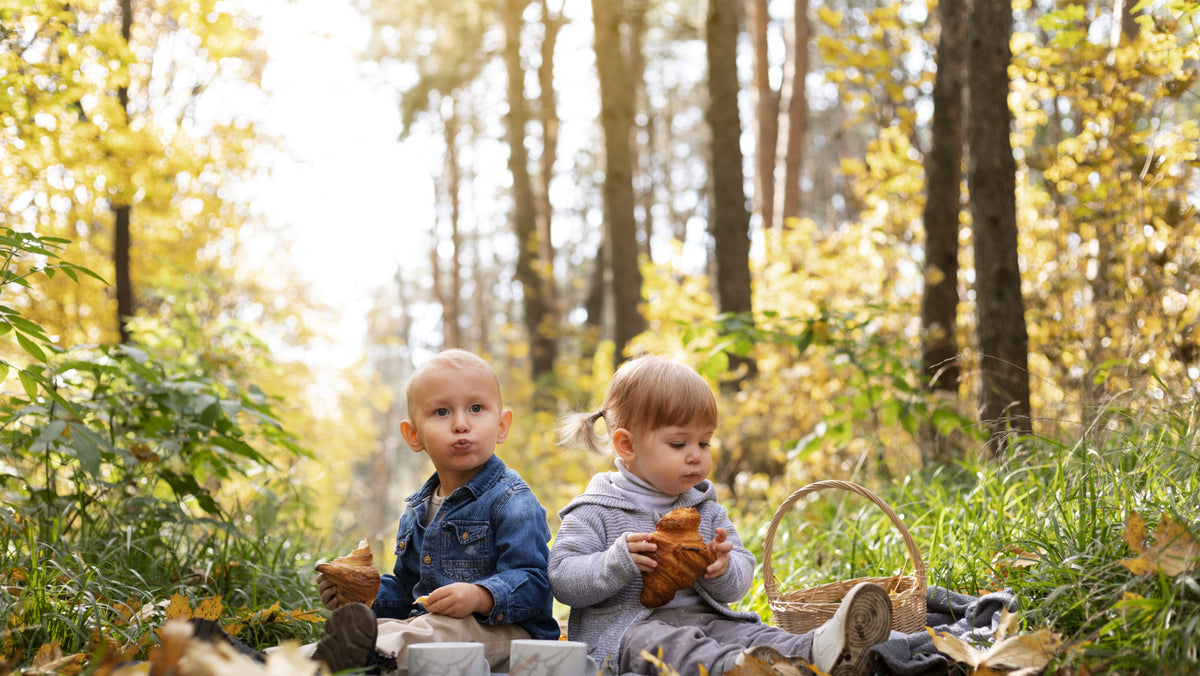Reducing Food Waste in the Home to Become FutureFit

Reducing food waste in the home is a great way to reduce your carbon footprint.
30 percent of food is wasted globally across the supply chain, causing 70 billion tons of preventable greenhouse gases to be released into the atmosphere according to the U.N. Food and Agriculture Organisation.
“The average rubbish bin contains 45 per cent food scraps. In terms of reducing CO2 emissions, eliminating this food waste would have the same effect as taking 118,107 cars off the road for a year or planting 130,390 trees” – Quote by @trashtakingmama
Food loss often happens at the production stage, over supply in food market situations and rejection of by retailers because it doesn’t conform to their quality and aesthetic standards.
But food waste also occurs when edible food is intentionally discarded by consumers when meals aren’t planned properly food that is stored is spoiled. When this food waste is placed in the landfill methane is released when the food breaks down in an anaerobic environment.
So what are some ways that we can prevent food waste in the home?
Plan your meals ahead and only shop for what’s on your list.
Sticking to your grocery list and not buying additional items is a great way to stop food wastage. Meal plan your week ahead, try avoid bulk buying if not necessary and write a grocery list before you shop.
Properly store your food
Wrap your food in beeswax wraps or place in containers to maintain a longer amount of freshness. Placing certain food in the fridge, such as apples can extend the life of certain foods also. Do some research to find out how to properly store your produce so it doesn’t go to waste in your fridge.
Don’t over-serve food
Overeating is a form of wastage. Especially if that extra food could be used for the next days lunch or dinner. Use a small plate and serve only what you need.
Eat your leftovers
Make sure you eat your leftovers. Label your leftovers so you can keep track of how long they’ve been in your fridge or freezer. Eat leftovers for lunch the next day or incorporate them into the next nights dinner.
Donate what you don’t use
Donate extra food such as the fruit and veges from your garden to neighbours or to your local Community Fruit & Veg Stands.
Preserve your food
Try freezing, fermenting, drying or pickling your excess fruit and vegetables.
Embrace “ugly food”
Embrace fruits and vegetables that are blemished or not perfectly shaped.
Compost your scraps
Reducing food waste going to landfill is huge. Food that is composted can be used as fertiliser to increase carbon back into the soil. Plus you will prevent the production of dangerous greenhouse gasses entering the environment.
Would you like to get an idea of the impact of your current lifestyle? At FutureFit you can sign in, then fill out a questionnaire to see what your carbon footprint is.
Please visit FutureFit to provide provide a snapshot of your impact on the planet and help you make some really positive changes in the way you live to help reduce your footprint on Aotearoa.
Little & Brave Eco Nappies are proud to support the amazing initiative FutureFit, which is a collaboration between Wellington City Council and Auckland Council.



